Visual perception Matching Worksheets for Ages 3-7
5 filtered results
-
From - To
Our Visual Perception Matching Worksheets for Ages 3-7 are meticulously crafted to enhance young minds' cognitive abilities. These engaging activities bolster critical skills, such as attention to detail, pattern recognition, and problem-solving. By matching pictures, shapes, and patterns, children not only have fun but also refine their visual discrimination and memory. Perfectly suited for preschoolers and early elementary students, these worksheets offer a delightful way to combine learning and play. Foster your child's intellectual growth with our expertly designed resources that support developmental milestones in an exciting and interactive manner. Discover endless matching fun at Kids Academy!
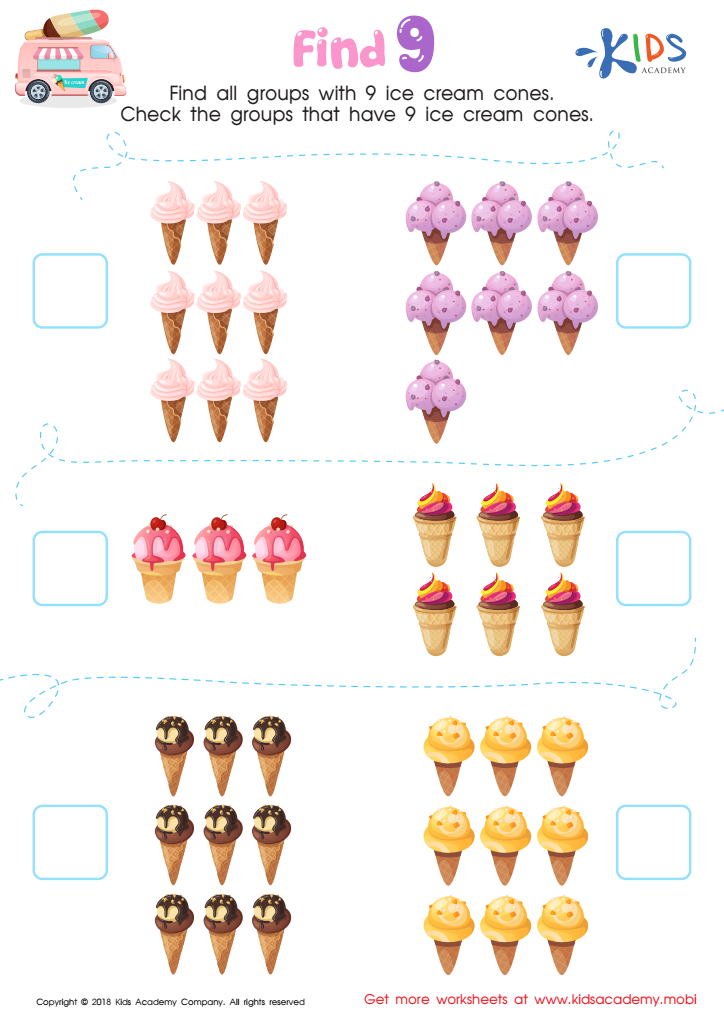

Find 9 Worksheet
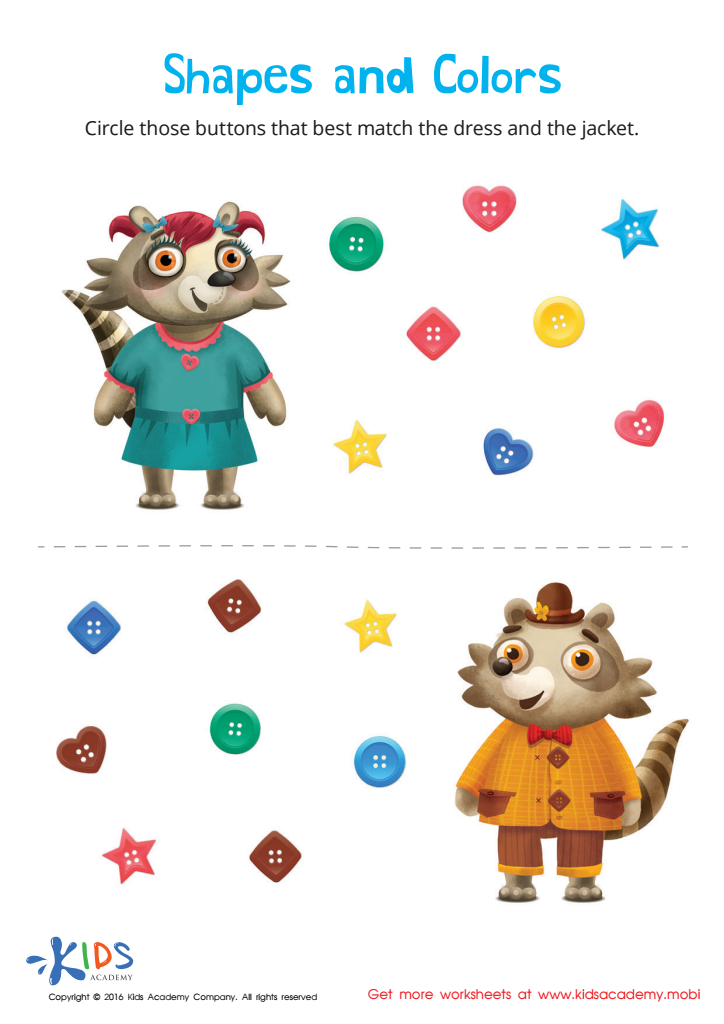

Matching: Shapes and Colors Worksheet
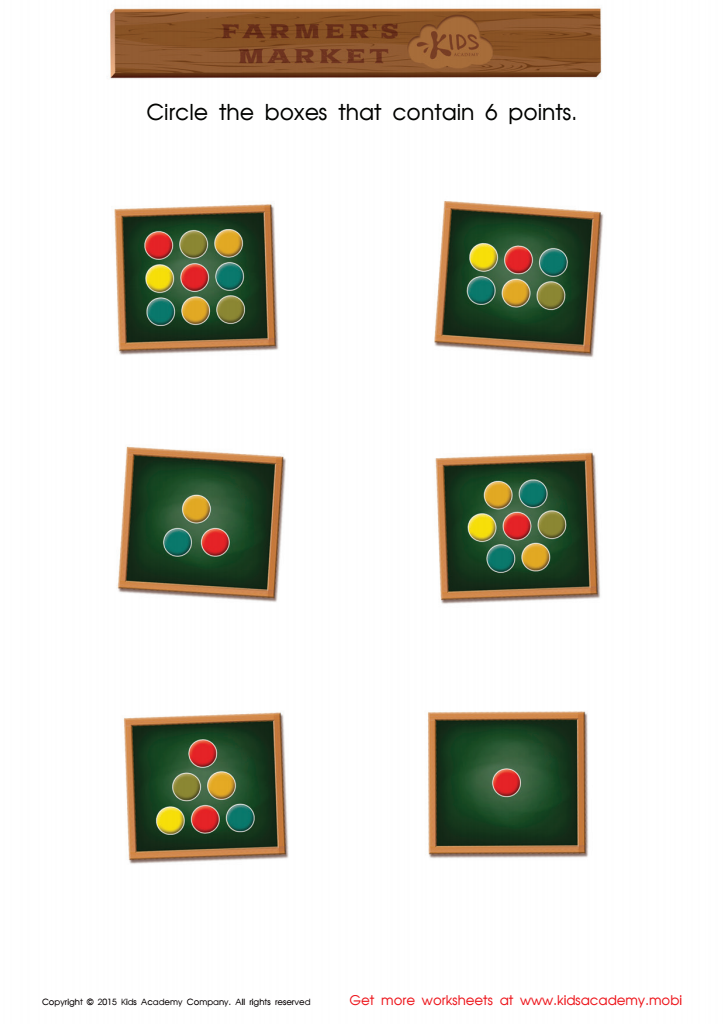

Count and Match Points 6 Math Worksheet
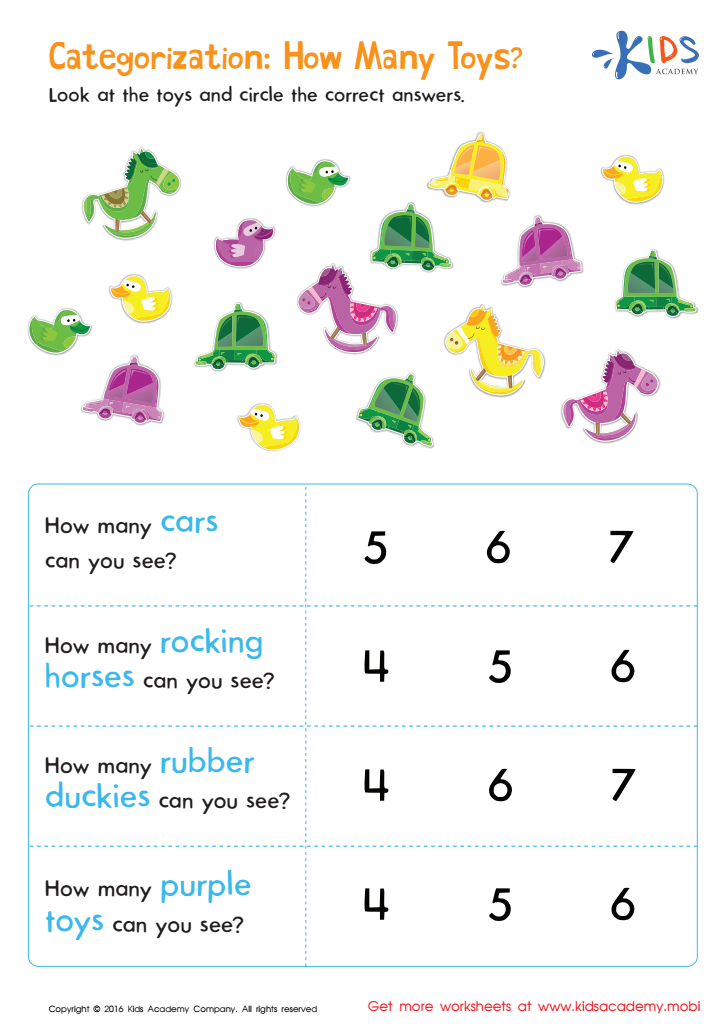

Classifying Toys by Type and Color Sorting Worksheet
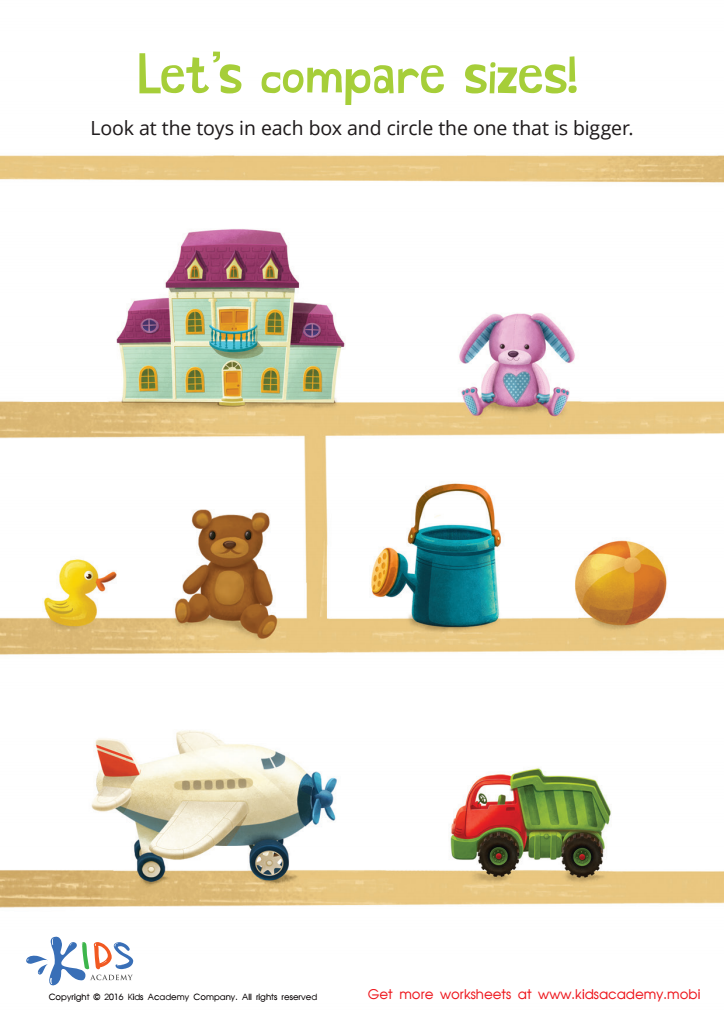

Classifying by Size Sorting Worksheet
Visual perception matching is fundamental for young children as it lays the groundwork for crucial academic and daily life skills. By engaging in these activities, children from ages 3-7 develop critical cognitive abilities that support learning in more complex subjects. Matching exercises enhance a child's ability to discern similarities and differences among shapes, letters, and numbers, fostering pre-reading and pre-math skills essential for school readiness.
For parents and teachers, investing time and resources into visual perception matching ensures that children refine their attention to detail and improve pattern recognition. These skills are directly connected to literacy development; recognizing consistent shapes and letters is key to reading fluently. Moreover, the fine motor skills honed during such tasks, like tracing or coloring, are necessary for writing.
Additionally, visual perception is integral to everyday activities such as understanding spatial awareness and following instructions. For instance, being able to match socks or identify matching symbols when playing games cultivates an organized thought process.
In essence, caring about visual perception matching is about nurturing foundational skills that make future learning more accessible and less frustrating. Early success in these activities builds confidence, making children more enthusiastic and engaged learners as they progress through their educational journey.
 Assign to My Students
Assign to My Students
















